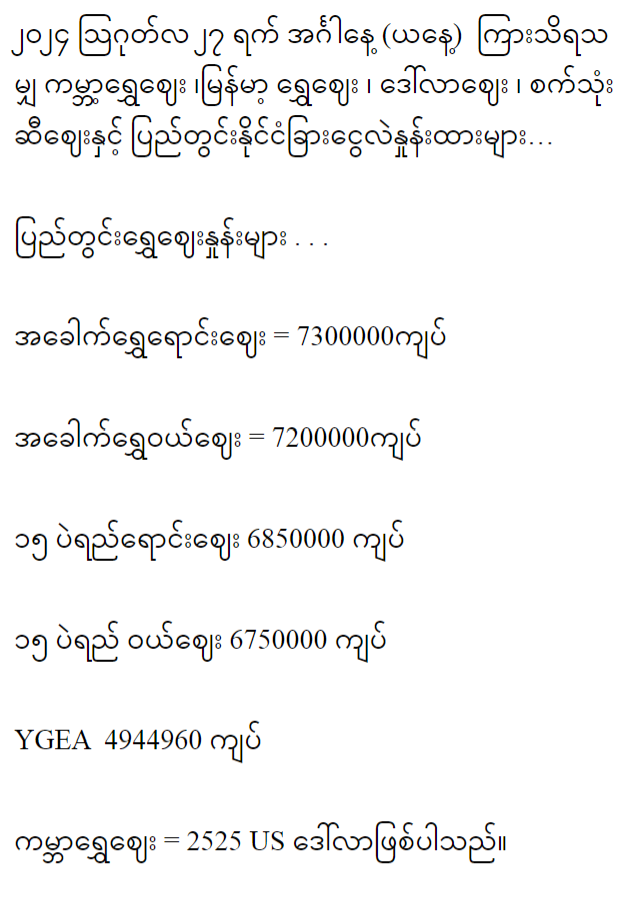





Chinese herbal medicine is a cornerstone of Traditional Chinese Medicine (TCM). It provides a wide range of natural remedies that have been used for thousands of years to improve health, prevent illness, and treat a variety of conditions. These herbs are valued for their ability to balance the body’s energies and restore balance in addition to their therapeutic properties. The top ten Chinese herbal medicines that can improve your health and wellness will be discussed in this blog post. These potent herbs offer a natural way to support your well-being, whether you are new to herbal remedies or want to learn more.
1. Benefits of Ginseng (Ren Shen, ): Ginseng is perhaps of the most prestigious spice in Chinese medication, frequently alluded to as the “ruler of spices.” It is known for its capacity to help energy, upgrade mental capability, decrease pressure, and work on resistant capability. Additionally, ginseng is utilized to promote overall vitality and longevity.
Uses: Ginseng can be taken as a supplement, tincture, or in tea. It’s especially helpful for those encountering exhaustion, mental haze, or stress.
2. Benefits of Goji Berries (Gou Qi Zi,) Goji berries are renowned for their capacity to nourish the liver, kidneys, and eyes in addition to their high antioxidant content. They are additionally accepted to upgrade safe capability, further develop vision, and advance solid skin.
Uses: Goji berries can be consumed raw, incorporated into smoothies, teas, and soups, or taken as a supplement. They are frequently used to improve immunity and support eye health.
3. Benefits of Astragalus (Huang Qi, ): Astragalus is a strong invulnerable supporting spice that safeguards the body against colds, influenza, and different contaminations. It is additionally known for its capacity to increment energy, further develop processing, and advance injury mending.
Uses: Astragalus can be consumed as a supplement, tincture, or tea. During the flu and cold seasons, it is frequently used to boost immunity.
4. Licorice Root (Gan Cao, 甘草)
Benefits: In Chinese herbal formulations, licorice root is frequently used as a harmonizing herb to balance other ingredients. It is used to alleviate coughs, soothe sore throats, and promote healthy digestion because it has anti-inflammatory, antiviral, and antibacterial properties.
Uses: Licorice root can be taken as a tea, color, or supplement. It is especially beneficial for digestive discomfort and respiratory issues.
5. Benefits of Ginger (Sheng Jiang, ): Ginger is a warming herb that helps with digestion, reduces inflammation, and alleviates nausea. Additionally, it is well-known for its capacity to combat influenza and improve circulation.
Uses: Ginger can be consumed new, dried, or as a tea. It is frequently used to warm the body in cold weather, alleviate motion sickness, and soothe digestive issues.
6. Benefits of the Reishi Mushroom (Ling Zhi,) In Chinese medicine, the reishi mushroom is regarded as the “mushroom of immortality.” It is well-known for its anti-inflammatory, cancer-fighting, and immune-boosting properties. Reishi also aids in stress reduction, improved sleep, and increased longevity.
Uses: Tea, tincture, or as a supplement, reishi can be taken. It is frequently used to improve sleep quality, support the immune system, and improve overall well-being.
7. Benefits of Schisandra (Wu Wei Zi,) Schisandra is a one-of-a-kind herb that improves mental clarity, boosts energy, and supports liver health. Additionally, it is well-known for its adaptogenic properties, which aid the body in overcoming stress.
Uses: Schisandra can be consumed as a tea, color, or supplement. It’s regularly used to help liver detoxification, improve mental capability, and decrease pressure.
8. Benefits of Dong Quai (Dang Gui,) Dong Quai, or “female ginseng,” is an important herb for women’s health. It is used to regulate menstrual cycles, alleviate PMS symptoms, and promote healthy reproduction. Additionally, Dong Quai has pain relieving and anti-inflammatory properties.
Uses: Dong Quai is regularly taken as a tea, color, or supplement. It’s particularly helpful for ladies encountering feminine abnormalities or menopausal side effects.
9. Benefits of the Chinese Skullcap (Huang Qin, ): Chinese skullcap is known for its strong mitigating and cell reinforcement properties. It is much of the time used to treat contaminations, decrease fever, and mitigate sensitivities. Additionally, Chinese skullcap aids in body detoxification and supports liver health.
Uses: Chinese skullcap can be consumed as a supplement, tincture, or tea. It is frequently used to treat allergies, inflammatory conditions, and respiratory infections.
10. Chrysanthemum (Ju Hua, 菊花)
Benefits: In Chinese medicine, the flowers of chrysanthemum are used to cool the mind, support healthy eyes, and remove heat. They are especially good at treating high blood pressure, headaches, and eye strain.
Uses: Tea is a common way to consume chrysanthemum. It is frequently used to calm the eyes, ease headaches, and lower stress.
In conclusion, there are a lot of natural remedies in Chinese herbal medicine that can help your health and wellness in a variety of ways. This post’s top ten herbs—Ginseng, Goji Berries, Astragalus, Licorice Root, Ginger, Reishi Mushroom, Schisandra, Dong Quai, Chinese Skullcap, and Chrysanthemum—only scratch the surface of TCM’s extensive pharmacopeia. Whether you’re hoping to help your safe framework, further develop processing, decrease pressure, or improve by and large essentialness, these spices give a characteristic and compelling method for accomplishing your wellbeing objectives. As usual, it’s critical to talk with a certified TCM specialist prior to beginning any new home grown routine to guarantee the right blend and dose for your singular requirements. Learn how these ancient herbs can enhance your modern life by embracing the wisdom of Chinese herbal medicine.
